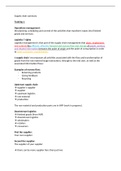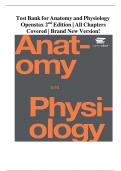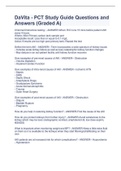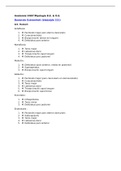Exam (elaborations)
Test Bank For Auditing And Assurance Services, 17th Edition, Alvin A Arens, Randal J Elder, Mark S Beasley, Chris E Hogan
- Institution
- Chamberlain College Of Nursing
Exam of 798 pages for the course Auditing and Assurance Services 17th Edition at Chamberlain College Of Nursing
[Show more]












